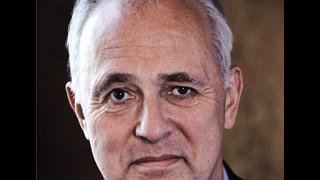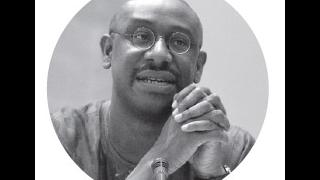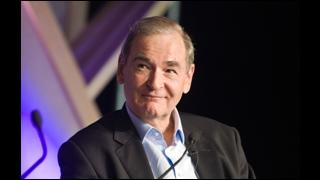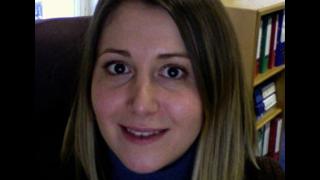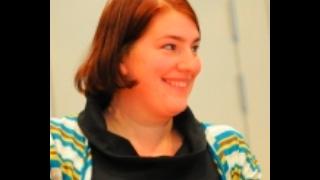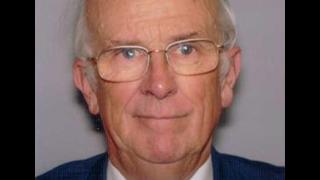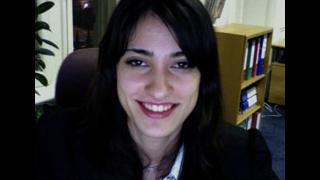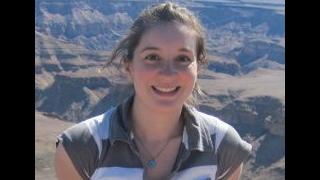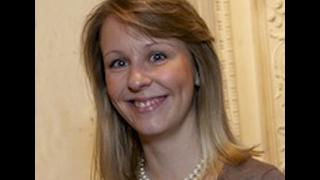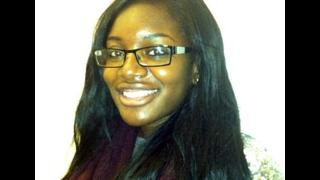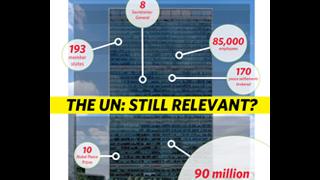
When the result was read, the room erupted with cheers and applause from many, and furrowed brows from some – 107 countries in favour, 14 against and 52 abstentions. With that, the United Nations Educational, Scientific and Cultural Organisation (UNESCO) became the first UN body to admit Palestine as a full member.
As the press interviews went on, a meeting was being held elsewhere in UNESCO on the global management of groundwater resources. With little fanfare or controversy, the delegates proceeded with their task of developing a global ‘Framework of Action’ to help prevent and reverse the global water crisis.
These events contrast the interlinked worlds UNESCO navigates – one of high-stakes international politics and that of UNESCO’s founding mission of building peace and security through collaboration among nations in education, culture, sciences and communication. As the unfolding consequences of Palestinian membership demonstrate, this relationship offers both exceptional opportunities and sizeable challenges.
The 31 October 2011 vote immediately triggered US legislation which prohibits any funding of UN bodies which give the Palestinians the same standing as a Member State. Despite efforts to reverse this decision, UNESCO is now grappling with at least a 22% funding gap in its $653 million budget for 2012-13, and an $80 million deficit in outstanding US dues from this past year. Israel has also withheld its $2 million annual contribution. It remains unclear if or when funding may be reinstated.
UNESCO contributes to both British and US international development and foreign policy objectives, yet there is a real risk of not realising how valuable the work of the organisation is until it’s gone. UNESCO runs various programmes in Iraq and Afghanistan, including helping re-write Iraq's school curriculum as well as running literacy training for the Afghan National Police, 70% of whom are illiterate. Further afield, UNESCO supports the Tsunami Early Warning Systems in the Pacific and Indian Oceans, prevents the looting of cultural artefacts during conflict and helps coordinate UN efforts on education as an emergency response in countries such as Haiti and Pakistan, to name a few.
With such cuts, the scope of these and other UNESCO activities are under serious pressure. As UNESCO's Director-General, Irina Bokova put it: “The announced withholding of U.S. dues owed for 2011 will immediately affect our ability to deliver programmes in critical areas”. To help sustain its work, UNESCO has launched a global fundraising appeal. Crucially, Mrs Bokova reiterated her commitment to continue the organisation’s reform process to improve efficiency, effectiveness and transparency.
The UK is working hard to help maintain the most crucial aspects of UNESCO’s work by using its recent election to the UNESCO Executive Board and its Chairmanship of the influential Finance and Administrative Commission to help steer the organisation through these stormy waters, focussing on UNESCO’s reform agenda. The UK National Commission for UNESCO is contributing to this effort.
While the US action following the Palestine vote has had severe consequences for UNESCO’s finances, the long-term impact of Palestinian membership remains unknown. Mrs Bokova stated at the organisation’s headquarters: “membership of UNESCO goes beyond raising the flag... It comes with rights and responsibilities. It means sharing values - the values of tolerance, respect for others”.
With Palestine joining, following South Sudan, UNESCO has received its 195th full member. It’s now up to the international community and UNESCO to ensure this is a step towards, not away from, the organisation’s mission of “building peace in the minds of men and women”.
Professor W John Morgan is Chairman of the UK National Commission for UNESCO
The UK National Commission for UNESCO is the UK’s advisory body for cooperation with UNESCO in educational, scientific and cultural matters. The UNESCO constitution calls on each Member State to establish such a national cooperating body, usually known as a ‘national commission’. www.unesco.org.uk

